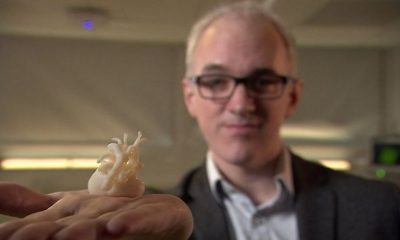A waxy, fat-like substance called cholesterol can be found in your bloodstream. It is needed for the body to work properly, but this can sometimes over accumulate, which can be troublesome. Over time, cholesterol can collect into plaque and clog arteries. Once an artery to the heart is completely blocked, this can cause a heart attack or pain in the chest, also known as angina.
If you are prone to high cholesterol levels, you may not have any signs or symptoms that anything is wrong, which is why it is so important to have regular medical healthcare visits.
Understanding Cholesterol
Cholesterol is bad for the body. As cholesterol builds up in the arteries, blood and oxygen cannot flow freely. This can result in a higher risk of a stroke or heart attack. The good news is that bad cholesterol can be treated with the help of medication prescribed by a healthcare provider. A visit to a walk-in urgent care for blood tests can be the first medical step to the treatment necessary to control cholesterol.
Five Important Ways a Treatment Should Support Your Heart
There are no symptoms to let you know that your cholesterol is high. The only way to find out is to get a blood test. By knowing your cholesterol numbers, your doctor can give you medical advice on lifestyle changes and medication. Some factors to consider are age, whether you have diabetes, diet, weight, and physical inactivity. Statin drugs are usually very helpful in treating high cholesterol.
Statins reduce triglyceride levels. Triglycerides are the fats found in your blood that can also affect your heart health.
Treatment should reduce LDL, bad cholesterol, before it is damaged by free radicals.
Treatment should also help you to make more HDL, good cholesterol.
In order to improve blood flow, it should burn oxycholesterol that is already in the bloodstream.
A balance of good and bad cholesterol should be promoted, while reducing cholesterol levels.
Taking Care of Yourself
A simple blood test at a walk in urgent care will help establish your lipoprotein profile. It is recommended that adults get this test every five years. Eating a healthy diet can keep cholesterol levels in check. Also, being overweight or obese impacts your cholesterol levels. Your healthcare provider may suggest diet and exercise. Two and a half hours of moderate activity daily is ideal. If you smoke, quitting now will greatly reduce your risk of heart disease.





















